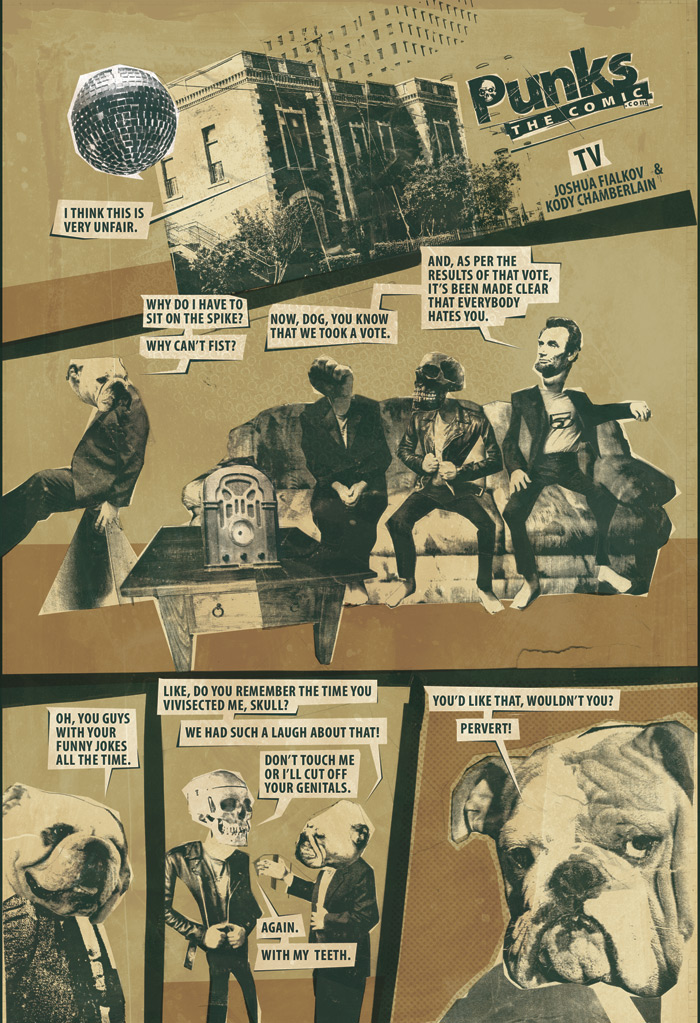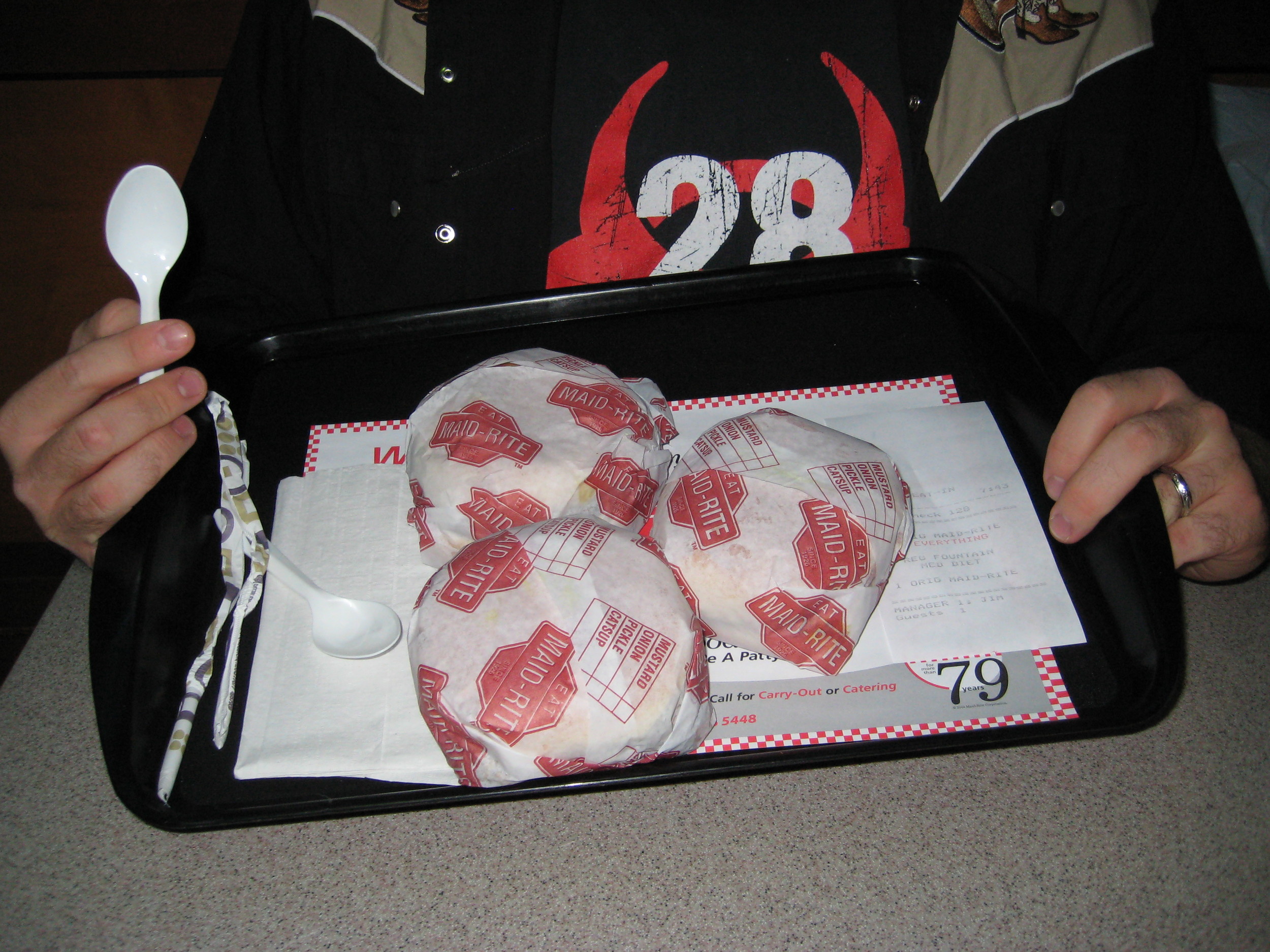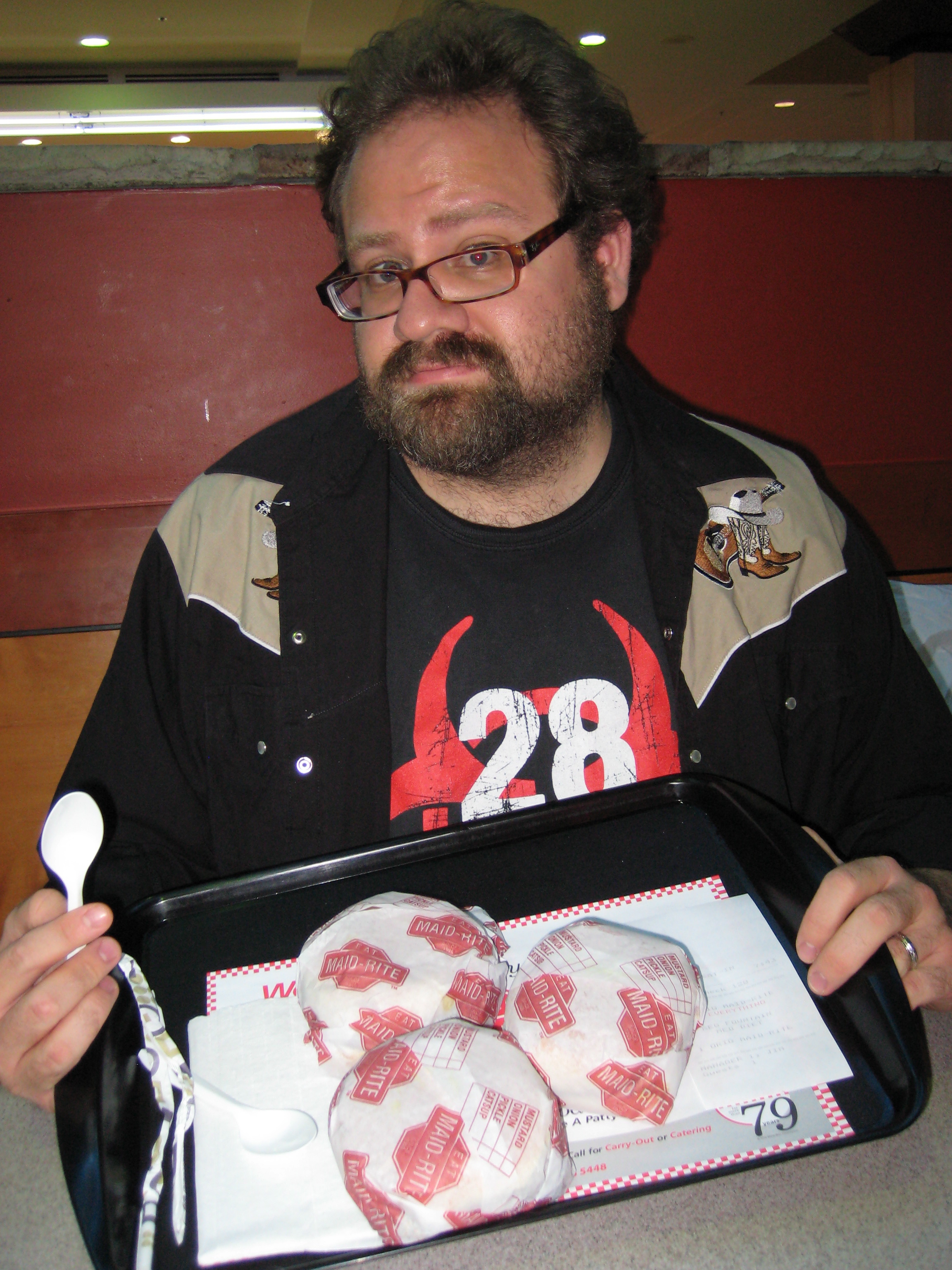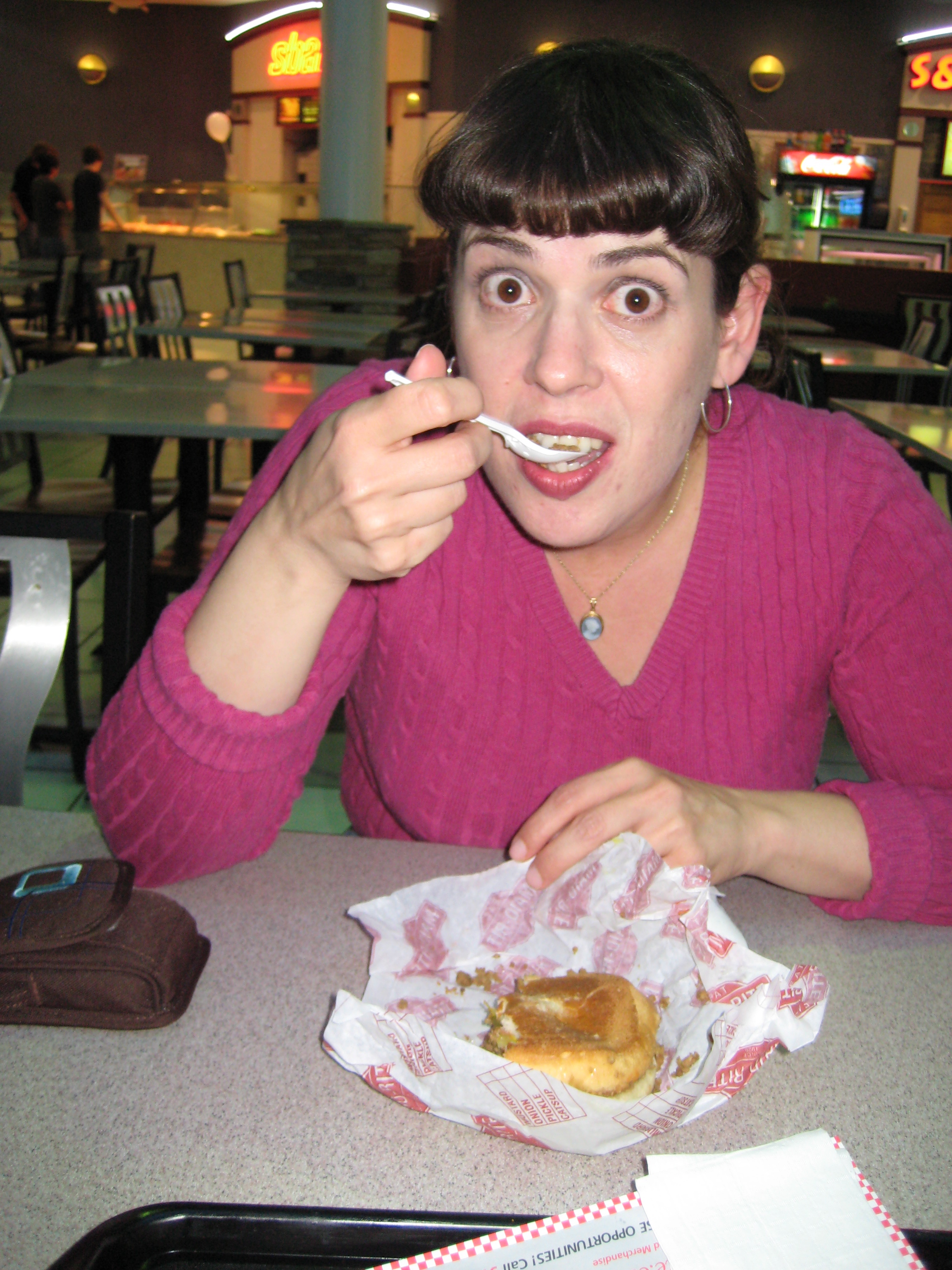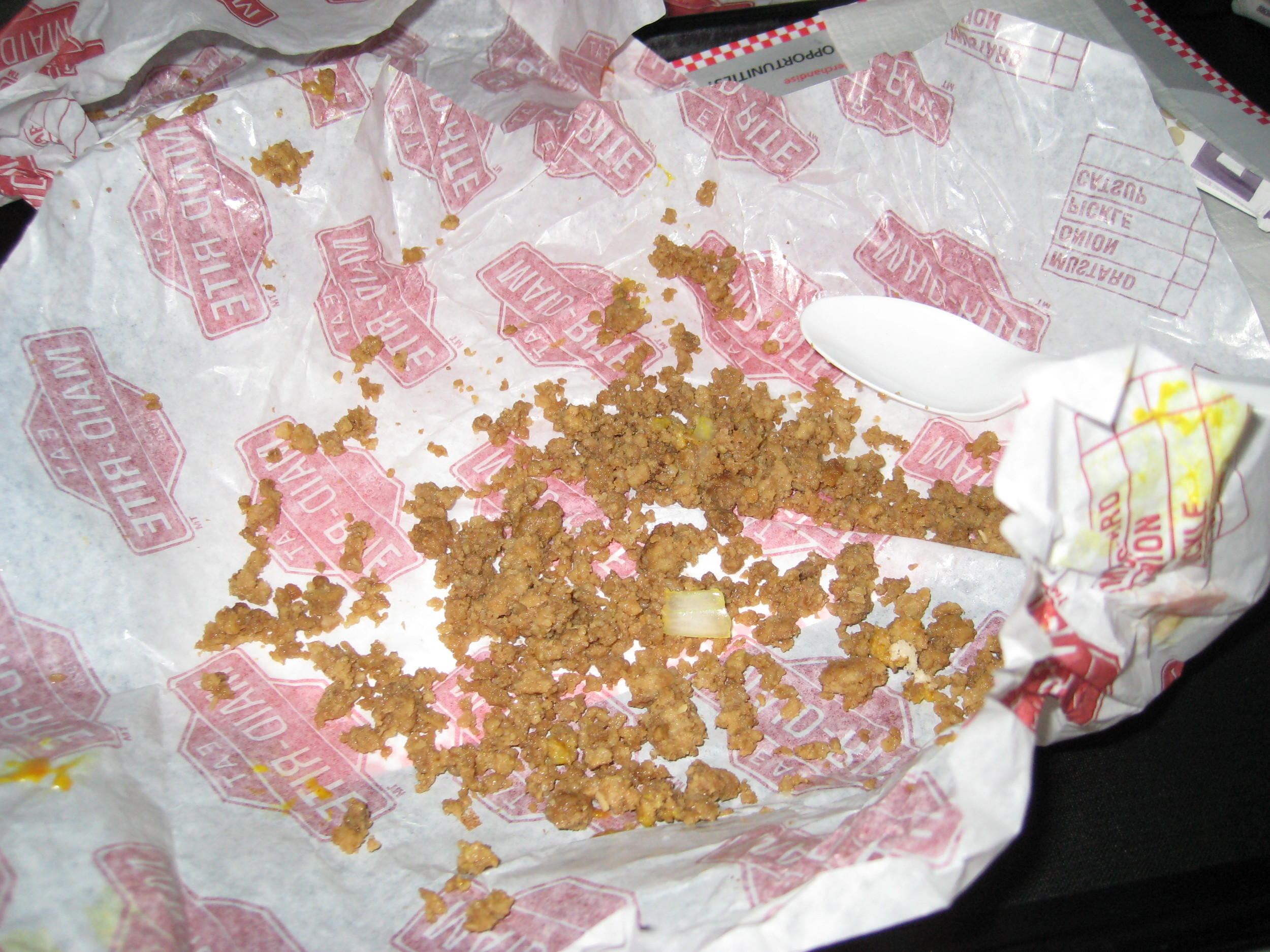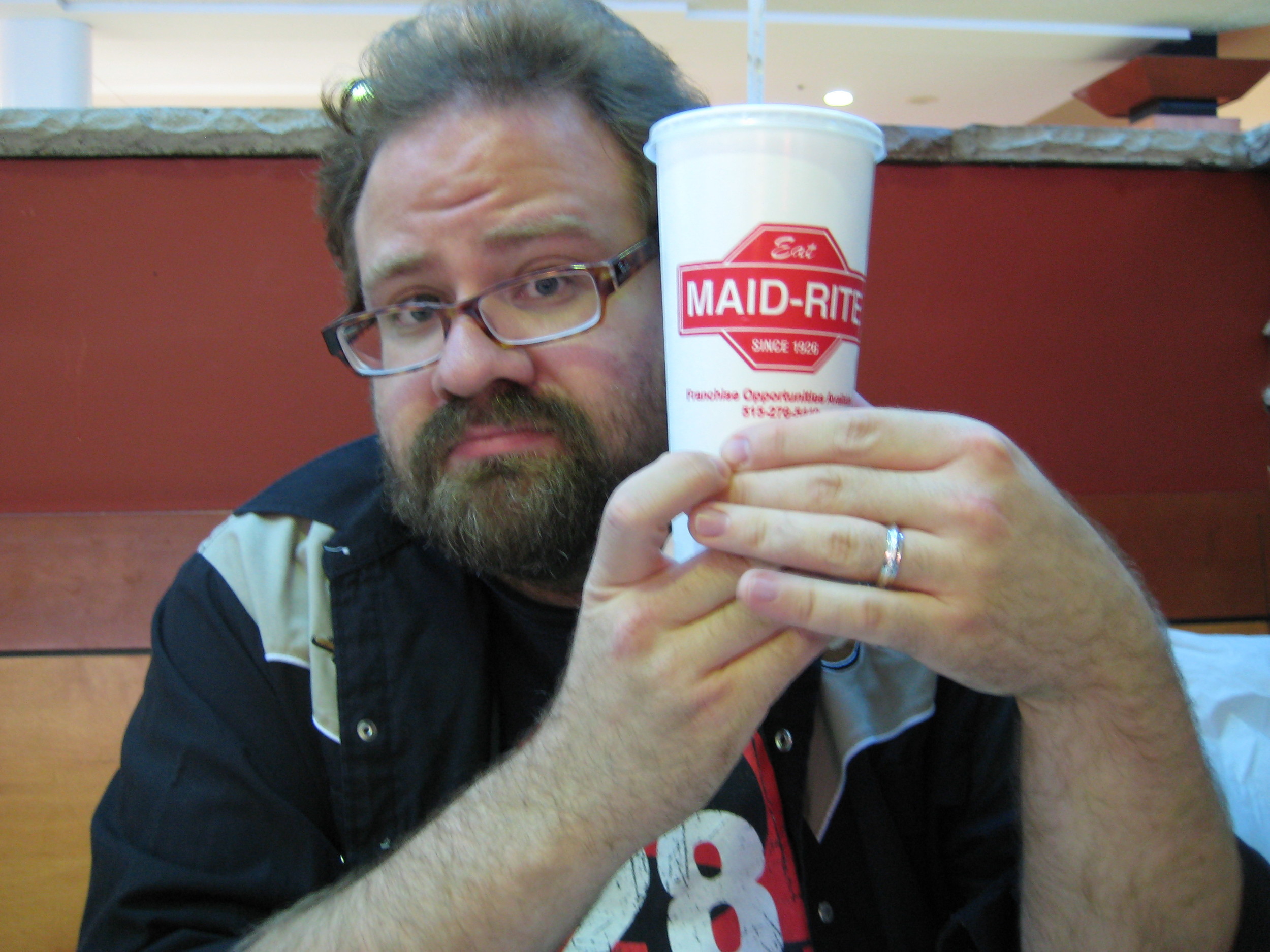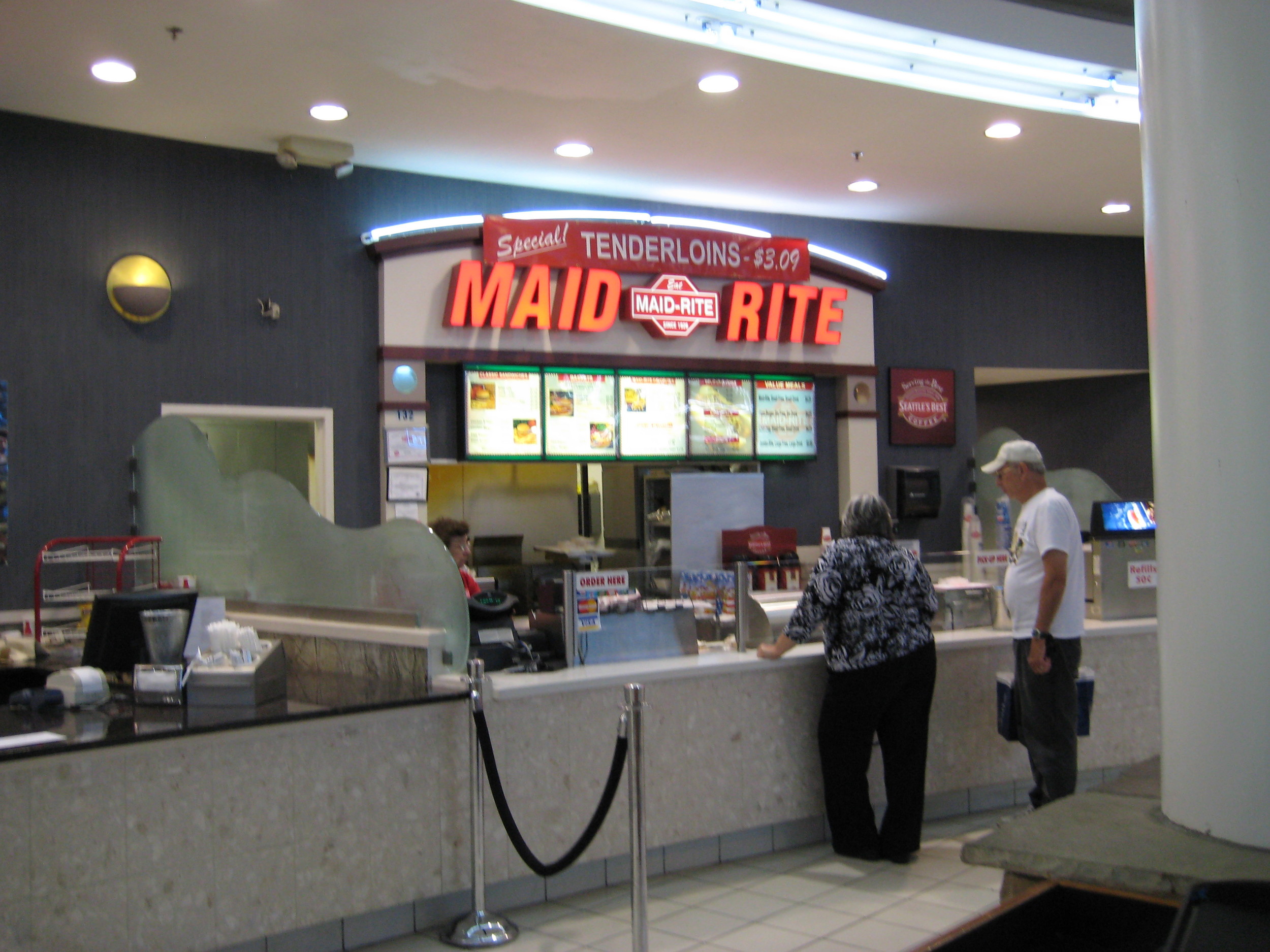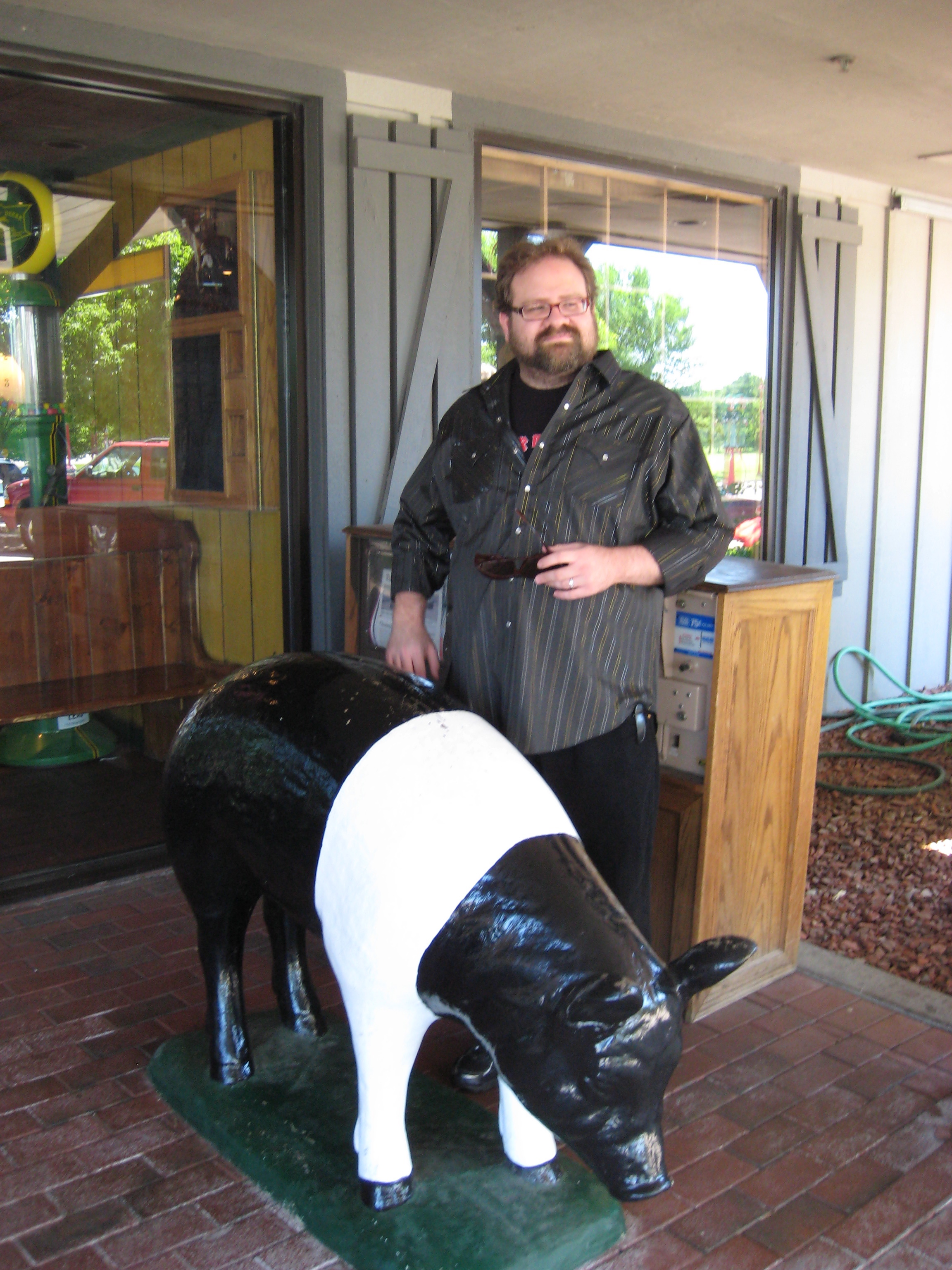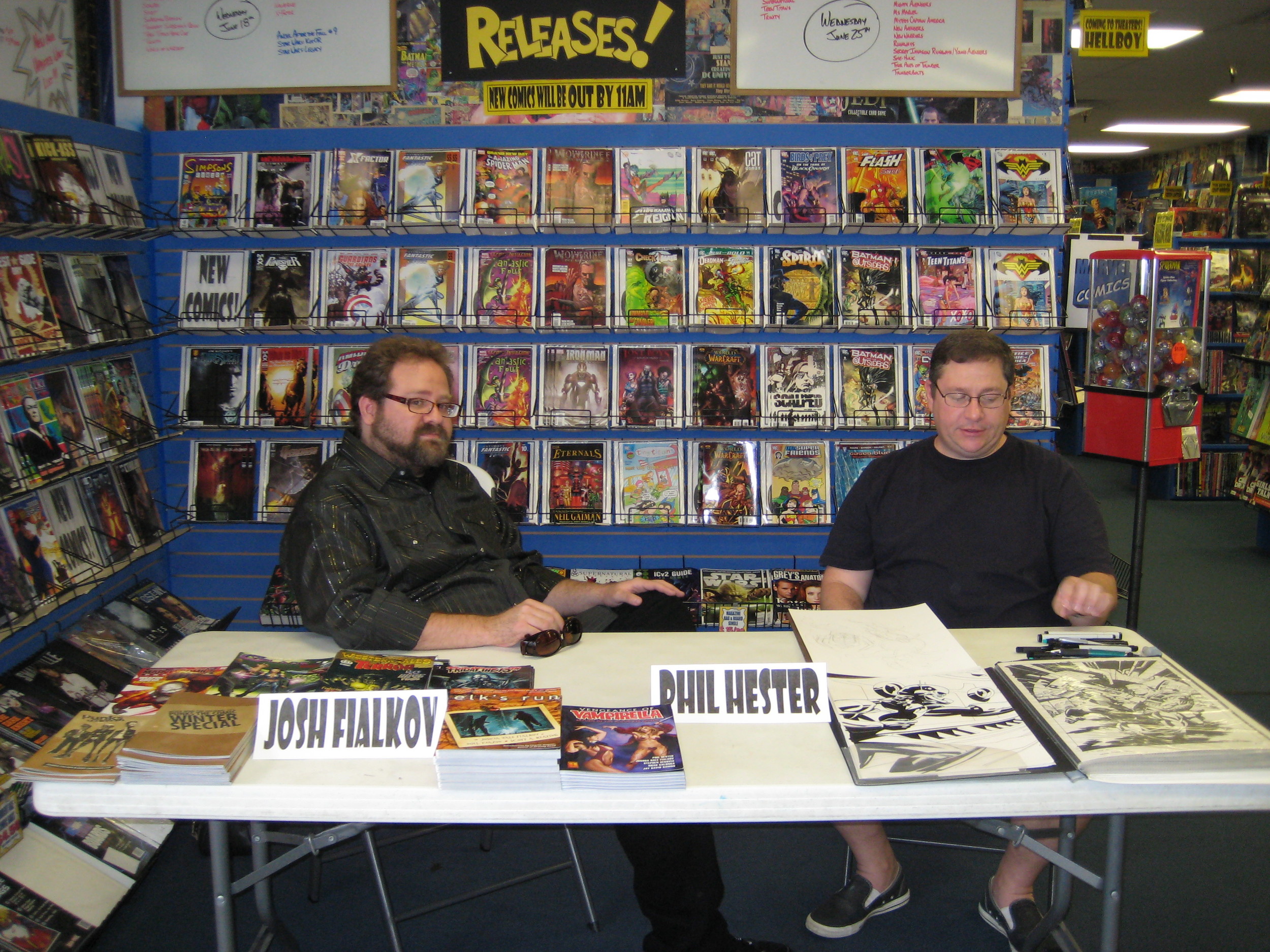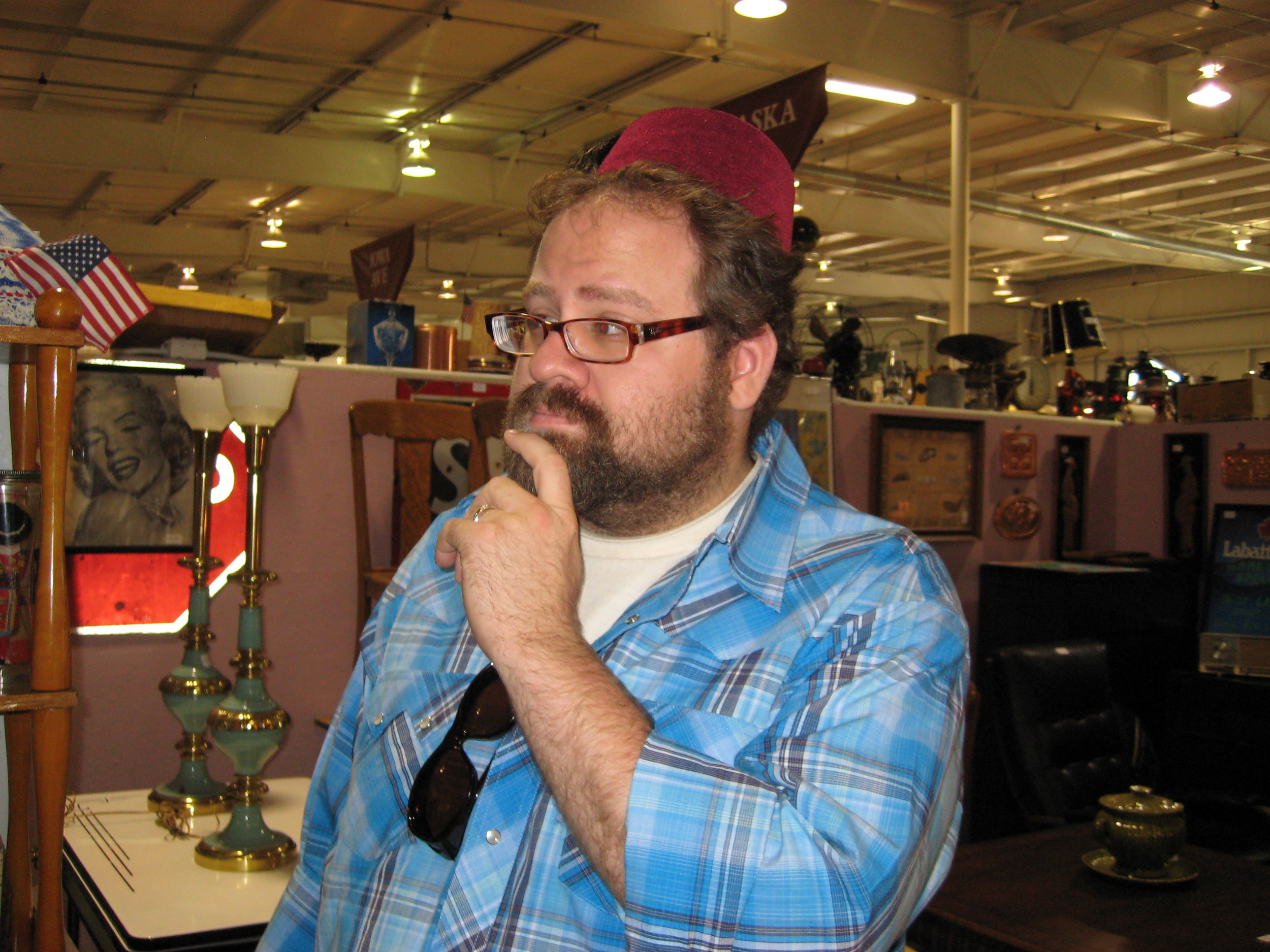How I Write - #1 - The Outline
Consider this the first in a series of short essays I use to give some excuse as to why I'm not doing my work. I have a creator owned book coming early next year from a big ol' publisher. I figured it may be an interesting time for me to reflect on the process a bit, both for the sake of any interested readers, and for myself to put me somewhat on the spot for what I do and how I do it.
This project has been a peculiar one. It started out as a comic pitch, morphed into the early scribblings of a novel, and then back into a comic book. Getting to this point has been atypical for a project for me, and I think for comics in general. Most projects I spend a fair amount of time writing a document a few pages long that covers the in's and out's of the plot, characters, and themes. For this one, I wrote an outline that really amounted to more of a spirited explanation of the first issue and what the book would probably be like if I got to do it.
But it wasn't even that strange document that got the ball rolling at the publisher. It was just me, bullshitting with the editor (and friend). I was telling him how desperately I wanted to do something that was lighter, more fun, and, most importantly, my own.
Let me be clear here. Doing work for hire is a LOT of fun, and you get a paycheck at the end, which really just makes it even better than work. But, still, at the end of the day, you're answering to someone else. Having worked in film, tv, and theater, as well as a bit of radio, I know that the freedoms of comics are still unseen in just about any other medium, but, still...
So, so animated was this presentation that the editor just about okayed it on the spot. A few weeks went by , going through the rounds at their offices, and now, a month or two later, it's time for me to do the part that i normally do first. The outline.
At a recent dinner with Brian Reed, we had a long discussion about the merits of outlining. I wasn't a huge outliner until a year or two ago. I used to have the ability to hold stuff in my head. Now, with half a dozen projects rattling around in my head, and as I start writing longer and longer pieces with more intricacy (theoretically), the outline has become a fantastic tool. Brian's counter argument was that you become a slave to the outline.
Well, as I work on this one, it becomes clear that he has a point. The thing is that for me, 80% of the work of writing is outlining and figuring out the story. The actual typing of dialogue is almost secondary. That being said, certainly as you write, the outline goes out the window. That's part of why I outline in a few different ways. The style and detail level of the outlines changes from project to project, and publisher to publisher.
Here's a general look at the basic type of outline I do.
The first round outline, which I'm working on now, is essentially the equivalent of a movie treatment. Around 3/4's of a page per issue (or act, or chapter, or whatever). If necessary, there's an addendum with character descriptions, and sometimes cover design ideas. If it's for an ongoing series, I'll also include a few other jumping off points for down the road.
Once that's satisfactory (to either me or the editor, depending), I move onto a more specific issue outline. I'll usually expand that 3/4's of a page into something closer to a page and a half. These are done immediately before I write the issues. Again, this is about filling in the road map.
Here's an example from Alibi which came out last week.
We open inside an interrogation room. John Stephens is being interrogated by Agent Al Micelli. Or rather, he’s smoking a cigarette wile Micelli tries unsuccessfully to get him to crack. He lists off the charges against him... Assassination of the Azerbaijani Minister of Finance, strategic strikes against oil executives in Bahrain, leading a coup in Kurdistan.
At the same time, we cut to an assassin plastered to a roof in a desert swept city which we learn is Muscat, Oman. An American Businessman walks with a trio of sheik-looking guys. He tracks them with his scope, it’s not clear which he’s trying to take out.
Back in interrogation, Micelli has the orders intercepted by CIA that Stephens and his ‘firm’ have been hired for the hit in Muscat, and that they specifically requested him to do the job. Stephens laughs.
An alternate/additional step to this is something I learned from good ol' Andy Schmidt back when he was still over at Marvel. I'd guess it had to do with my inexperience working with him the first time, but, he asked me to do something that radically changed how I thought about writing comics. He had me do an outline broken down by page. So, I take the overall outline, and I split up the action into pages.
Here's an example from the outline for The Outlaw Kid from Marvel Comics Presents:
PAGE 1 Lance Temple, young, svelte, and armed with twin six-shooters walks through the desert with purpose. His face is tightened into a rictus of anger and resentment. Hanging from his neck is a large red bandana… that’s important later. He’s on a mission to find the man who murdered his father and, even though it goes against everything he stands for, put him in the ground. He’s tracked his enemy for three days, taking Lance from his home in the fledgling city of Tucson to the dirty streets of Nogales. A town of scoundrels and thieves, it only makes sense that the masked murderer would come here.
PAGE 2 As Lance rides into town, the world seems to blur around him All of the crimes, the monstrosities around him… they’re all secondary to his goal. All he cares about is finding THE OUTLAW KID. He walks straight up to the rough and rumbling saloon, and slams the doors open. Lance looks around for the toughest SOB in the bar, and grabs him by the shirt.
He threatens him… but the brute fights him off. As things are about to turn ugly, the bartender chirps up.
“I SAW HIM HEADIN’ OUT OF TOWN… TOWARDS ‘PACHE COUNTRY AFORE I COME IN TODAY, MR. TEMPLE. IF YOU RIDE FAST YOU CAN CATCH ‘IM!”
With barely a word, Lance cleans himself up and heads out.
“WHAT THE HELL D’YOU DO THAT FOR?”
“THAT BOY’S LOOKIN’ FOR TROUBLE, I RECKON HE’LL FIND IT ONE WAY OR ANOTHER.”
PAGE 3 As Lance walks into the desert, he thinks back to that fateful night.
His poor blind father heard a noise… he came into the room and found the Outlaw Kid. He tried to fool him….
“IT’S ME DAD… PLEASE… YOUR SON-“
“I MIGHT BE BLIND BUT I AIN’T STUPID. NO SON OF MINE WOULD DARE COME INTO MY HOUSE SMELLIN’ LIKE GUNPOWDER.”
His dad knew there was trouble and brought a blackjack he kept around for protection… but, the Outlaw Kid grabbed it from him and clubbed him to death… Lance came in just in time to see The Kid running away with a laugh and a smile.
PAGE 4 As Lance rides through some desert canyons, his mind still wandering, we see a small group of Apache Warriors watching him through the cliffs. Lance makes clear his vow to avenge his father’s death even if it kills him. As if on cue, arrows start flying from above. Lance is knocked off his horse, and as he goes to draw, an arrow rips through his shoulder, and drops him to the ground.
PAGE 5 Lance is seriously wounded. The arrow through his shoulder has left him a quivering mess. He’s starting to panic, as he fumbles for his guns. The Apache are upon him, and he’s shaking. They’re going to kill him. Lance’s hand shakes and shudders as it comes to pull the red bandanna hung around his neck up to his face.
Now again, for me, doing all of this frees me up to worry about characterization, about emotion, and about visual dymanic, rather than having to remember "Oh shit, I need to have Lance wearing the red bandanna here."
From there, obviously, I move to script. While I pain and slave over these outlines, scripting is a brisk, worry free affair for the most part, because I've already built the foundation, layed the cement, and sold a few of the condos to the old folks moving out from Ames. And, despite having the outline right there to guide me, things still get moved, rejiggered, shortened, lengthened, and removed. But, instead of doing it willie nillie, I have an idea of just how many pieces need to fit into the final thing, and exactly how much room I have to do it in.
For me, a lot of the real work comes in the second draft, where you have to look at where everything sits and shift things around.
So, that's what I do. As me move along, I'll probably keep posting more info about the project from a behind the scenes-y pov. Assuming anybody actually cares.
